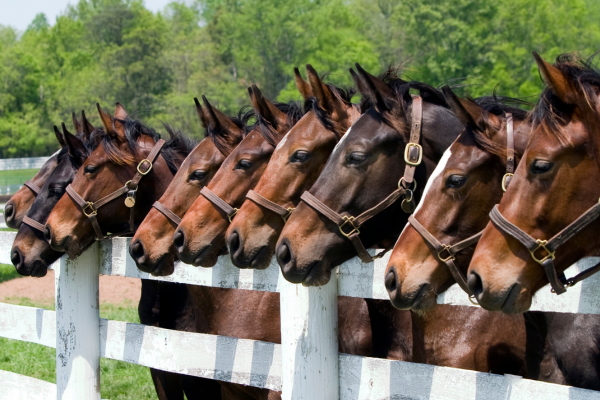
Discussion and research into mental health challenges within the veterinary sector is now more vital than ever, conference delegates have been informed.
The message was delivered as veterinary professionals and researchers from across the UK and Europe gathered in Manchester for the biennial Mind Matters Initiative (MMI) Research Symposium.
The event, at The Bridgewater Hall on 10 October, coincided with World Mental Health Day, and MMI chairperson Kate Richards said awareness of the issue was continuing to grow.
She told delegates that the research presented at the conference would both help to inform the MMI’s work and maximise its impact.
Workforce
In the event’s agenda, she wrote: “The issues are global, with the COVID-19 pandemic creating new stressors and exacerbating existing conditions, and so the value of these conversations and the communication of research has never been more important.
“A physically and mentally healthy workforce supports animal health and welfare, as well as organisational performance.”
Analysis on a broad range of topics, including the impact of the pandemic, the types of stressor faced at different veterinary career points, reducing moral stress and the impact of euthanising animals on professionals, was presented during the fourth symposium to be staged since the MMI programme was launched by the RCVS in 2014.
Copies of the scheme’s new five-year strategy document, which was published in the spring, were also made available to attendees.
Online resources
The report commits the initiative to releasing at least two new online resources each year from 2024, as well as publishing a guide on how practices can make reasonable adjustments for mental health within the workplace.
The core training programme is also set to be expanded to include specific provision for line managers, which it is hoped at least 500 people with management responsibility will complete over five years.
The report said: “We want to ensure veterinary leaders are equipped with the skills, knowledge and confidence to have conversations about mental health and well-being, and to support their teams to do the same.”
Other measures contained in the strategy include the introduction of a formal requirement for all MMI-engaged training providers to show they incorporate lived experience in their work and the development of a rural mental health first aid network of 250 veterinary professionals and support staff, both by 2025.
Pledge
The programme also pledges to monitor the attendance of veterinary nurses, students and non-clinical staff at training events, with targeted outreach work to take place if required, plus improved communications with the wider practice team.
RCVS chief executive Lizzie Lockett wrote: “We will continue to be here for every member of the veterinary community and will keep listening when people tell us what they need, which will feed into future activities.
“While being clear on our proposed direction of travel, we know that MMI must also remain flexible and responsive to new challenges that arise for the veterinary professions.”
The conference included the presentation of the final Sarah Brown Research Grant to Faye Didymus and Jackie Hargreaves, both of Leeds Beckett University, whose work will examine mental health education provision within the training of veterinary nurses and develop recommendations for improvement. The programme also included presentations on each of the projects to have been funded through the initiative since 2019.
Subjects where work has been financed through the scheme include the mental health impacts of racism, moral injury, the specific stressors faced by both farm vets and professionals living with autism respectively, plus a trial of the impact of compassionate imagery in improving the psychological well-being of vets.
Funding
A new funding scheme is due to be launched next spring with what the strategy document described as “ambitious targets” for both the number of grants awarded and measuring their impact.
It added: “Grant recipients will be required to demonstrate a plan for impact measurement and knowledge sharing, both at the point of application and at regular intervals throughout the project.”
The paper also outlined the aim of extending the research focus beyond understanding what the challenges and the risk factors are towards the development of solutions for them.
Specific objectives include the development of a resource hub for mental health research, which it is envisaged will also provide guidance on methodological and ethical issues.
Credit to: Mental health research ‘never more important’, conference hears (Vet Times)
Vet Times. (2023). Mental health research ‘never more important’, conference hears [online]
Available at: https://www.vettimes.co.uk/news/mental-health-research-never-more-important-conference-hears/





